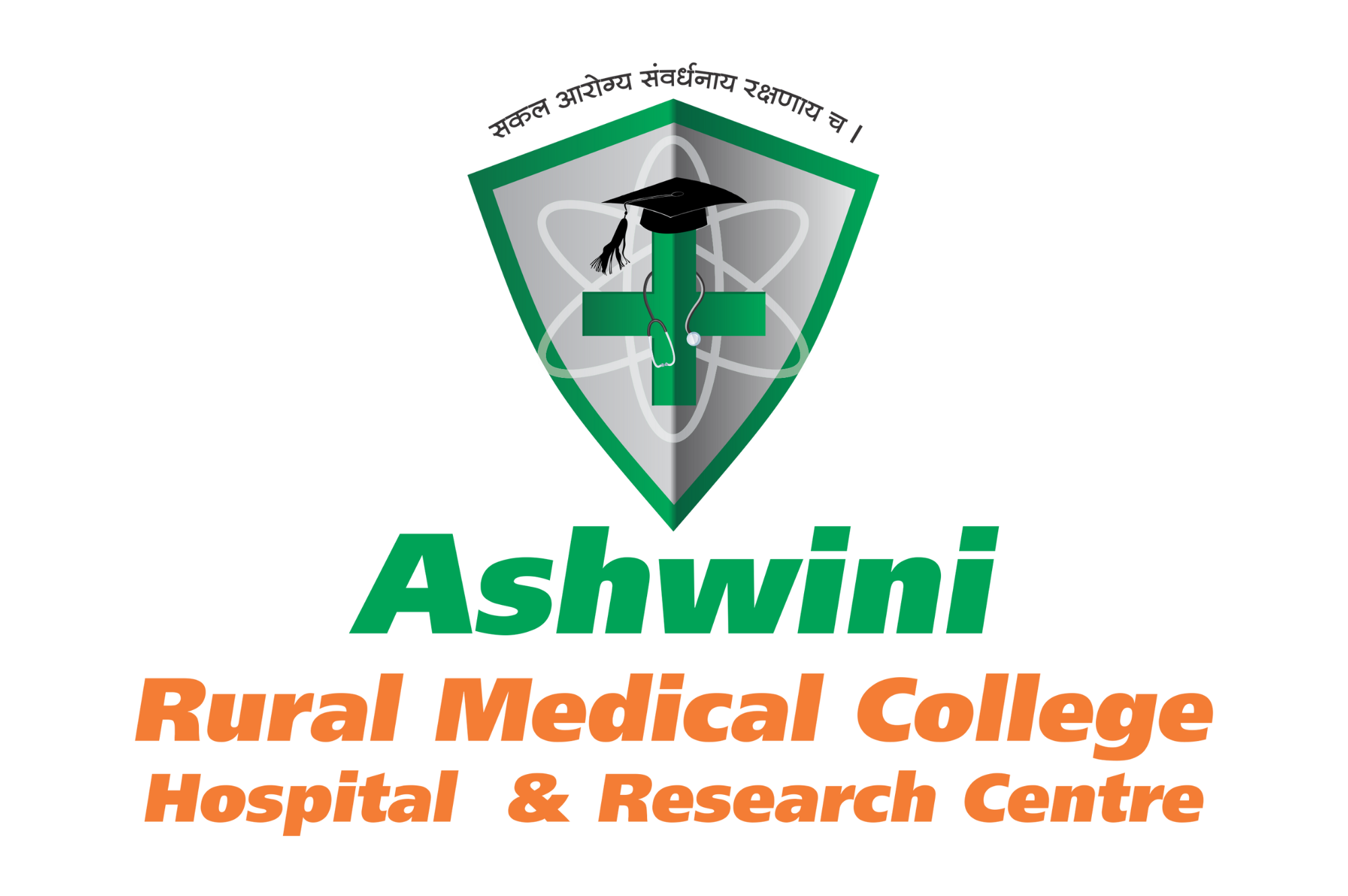Department of PHYSIOLOGY
Unveiling the Dynamics of Human Function
- Objectives
- Facilities
- Departmental Activities
- On-going Research projects
- Research Activities
- Other Initiatives
- Value Added courses
Objectives
Unveiling the physiological basis of health and disease. Integrating pharmacology, pathology, cell biology, and physiology to clarify therapeutic options for diseases. Equipping students with comprehensive knowledge of organ system functions, regulatory mechanisms, and their interactions. Enabling a holistic understanding of the maintenance of internal balance (homeostasis). Correlating physiology with growth, development, adaptation, and disease. Linking the physiology of the human reproductive system with national family welfare programs.
Facilities
Our department provides a nurturing environment for learning and discovery:
|
|
|
|
|
|
|
Departmental Activities
|
|
|
|
|
|
|
On-going Research projects
Dr.Gurunath Birajdar (Asso.Professor)
- A comparative study of Pulmonary function parameters in Construction workers and normal healthy volunteers.
- A Study of Short-term Breathing Exercises on Different Cardio-Respiratory Parameters.
Research Activities
Our department actively contributes to the realm of physiological knowledge:
|
|
|
|
|
Other Initiatives
- Community Engagement: Conducting awareness programs on the role of physiology in health and well-being.
- Interdisciplinary Collaboration: Partnering with medical and scientific communities to promote holistic learning and research.
Value Added courses
- Basics of cardiorespiratory examination.


